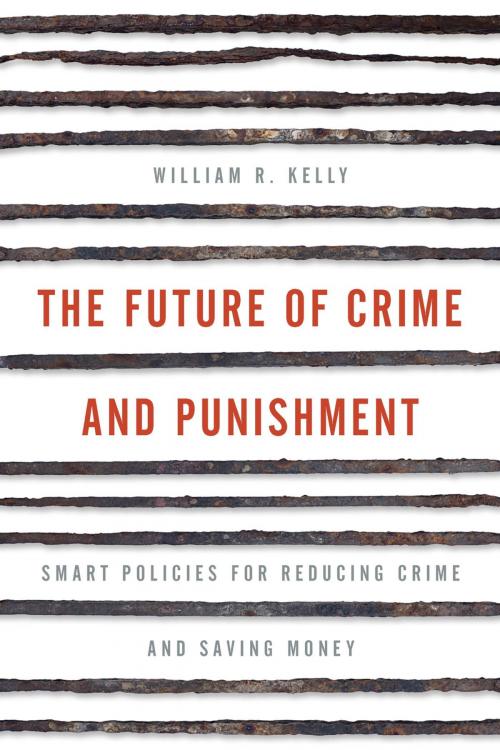The Future of Crime and Punishment
Smart Policies for Reducing Crime and Saving Money
Nonfiction, Social & Cultural Studies, Social Science, Crimes & Criminals, Penology, Political Science, Government, Social Policy, Criminology| Author: | William R. Kelly | ISBN: | 9781442264823 |
| Publisher: | Rowman & Littlefield Publishers | Publication: | July 14, 2016 |
| Imprint: | Rowman & Littlefield Publishers | Language: | English |
| Author: | William R. Kelly |
| ISBN: | 9781442264823 |
| Publisher: | Rowman & Littlefield Publishers |
| Publication: | July 14, 2016 |
| Imprint: | Rowman & Littlefield Publishers |
| Language: | English |
Today, we know that crime is often not just a matter of making bad decisions. Rather, there are a variety of factors that are implicated in much criminal offending, some fairly obvious like poverty, mental illness, and drug abuse and others less so, such as neurocognitive problems. Today, we have the tools for effective criminal behavioral change, but this cannot be an excuse for criminal offending. In The Future of Crime and Punishment, William R. Kelly identifies the need to educate the public on how these tools can be used to most effectively and cost efficiently reduce crime, recidivism, victimization and cost.
The justice system of the future needs to be much more collaborative, utilizing the expertise of a variety of disciplines such as psychology, psychiatry, addiction, and neuroscience. Judges and prosecutors are lawyers, not clinicians, and as we transition the justice system to a focus on behavioral change, the decision making will need to reflect the input of clinical experts. The path forward is one characterized largely by change from traditional criminal prosecution and punishment to venues that balance accountability, compliance, and risk management with behavioral change interventions that address the primary underlying causes for recidivism.
There are many moving parts to this effort and it is a complex proposition. It requires substantial changes to law, procedure, decision making, roles and responsibilities, expertise, and funding. Moreover, it requires a radical shift in how we think about crime and punishment. Our thinking needs to reflect a perspective that crime is harmful, but that much criminal behavior is changeable.
Today, we know that crime is often not just a matter of making bad decisions. Rather, there are a variety of factors that are implicated in much criminal offending, some fairly obvious like poverty, mental illness, and drug abuse and others less so, such as neurocognitive problems. Today, we have the tools for effective criminal behavioral change, but this cannot be an excuse for criminal offending. In The Future of Crime and Punishment, William R. Kelly identifies the need to educate the public on how these tools can be used to most effectively and cost efficiently reduce crime, recidivism, victimization and cost.
The justice system of the future needs to be much more collaborative, utilizing the expertise of a variety of disciplines such as psychology, psychiatry, addiction, and neuroscience. Judges and prosecutors are lawyers, not clinicians, and as we transition the justice system to a focus on behavioral change, the decision making will need to reflect the input of clinical experts. The path forward is one characterized largely by change from traditional criminal prosecution and punishment to venues that balance accountability, compliance, and risk management with behavioral change interventions that address the primary underlying causes for recidivism.
There are many moving parts to this effort and it is a complex proposition. It requires substantial changes to law, procedure, decision making, roles and responsibilities, expertise, and funding. Moreover, it requires a radical shift in how we think about crime and punishment. Our thinking needs to reflect a perspective that crime is harmful, but that much criminal behavior is changeable.















